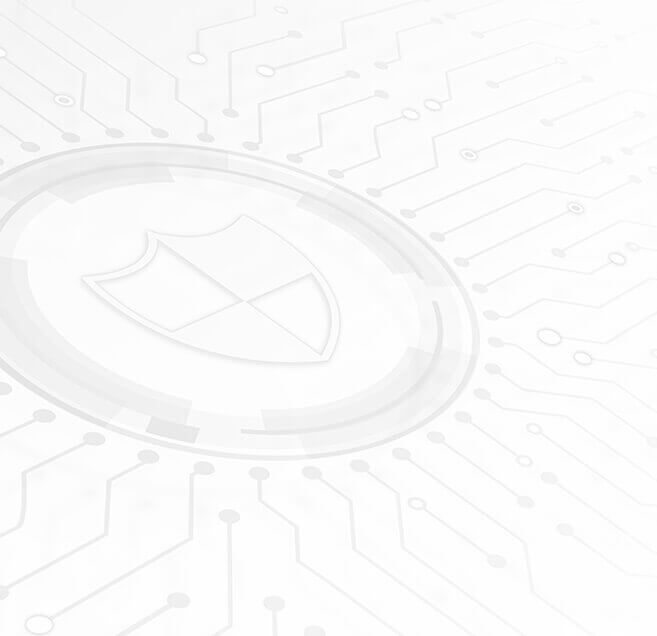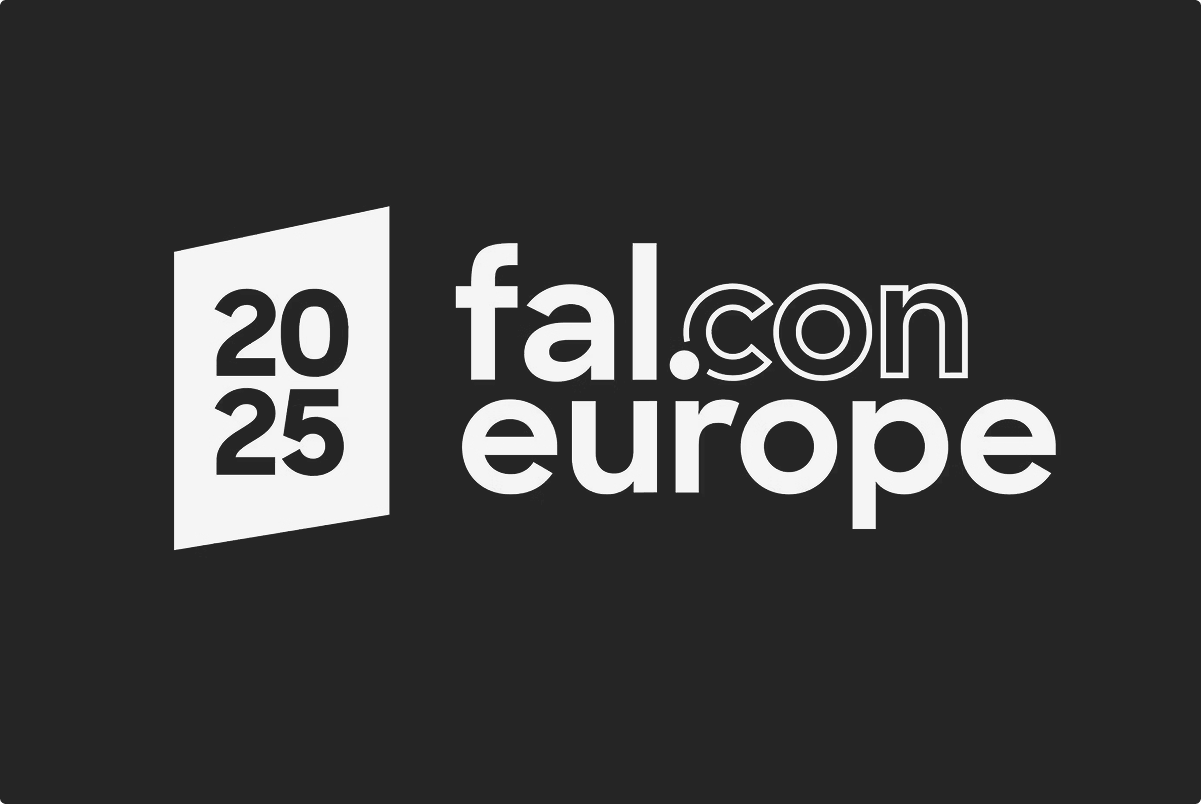
Artificial Intelligence (AI) is at the forefront of innovation in a digital world. While AI promises incredible advancements, it also introduces sophisticated new vulnerabilities. A recent report by isms.online, The State of Information Security Report 2025, shines a stark light on these emerging threats, revealing a concerning statistic: one in four organisations are falling victim to AI data poisoning. This is a present and growing danger that merits focus.
What is AI Data Poisoning?
AI data poisoning is a malicious attack where compromised or manipulated data is introduced into an AI model’s training dataset. This ‘poisoned’ data then subtly (or overtly) influences the model’s behaviour, leading to biased, inaccurate, or even dangerous outputs. Imagine an AI designed to detect fraudulent transactions suddenly failing to flag genuine fraud because it was trained on poisoned data. Or a medical AI misdiagnosing conditions due to subtle manipulations in its learning material. The implications are profound, impacting everything from operational efficiency and financial stability to brand reputation and regulatory compliance.
How a quarter of organisations are found to experience AI data poisoning
The finding that a quarter of organisations underscores the need for robust cybersecurity strategies that specifically address AI vulnerabilities. As businesses increasingly integrate AI into their core operations – from customer service chatbots and predictive analytics to supply chain optimisation and autonomous systems – the attack surface expands. Threat actors are keenly aware of the value and sensitivity of the data feeding these AI systems, making them prime targets for sophisticated manipulation.
Securing AI to prevent data poisoning
At Mondas, we understand the complexities and nuances of securing AI. We believe that leveraging AI should empower your organisation, not expose it to risk. That’s why we offer comprehensive protective measures specifically designed to safeguard your AI investments against data poisoning and other emerging threats. Our approach to securing AI includes:
- Robust Data Integrity Checks: Implementing advanced verification processes to ensure the authenticity and purity of your AI training data.
- Threat Detection & Prevention: Utilising cutting-edge technologies to identify and neutralise attempts at data poisoning before they can compromise your models.
- Secure AI Model Deployment: Guiding you through best practices for deploying AI models in secure environments, minimising exposure to external threats.
- Ongoing Monitoring & Maintenance: Providing continuous oversight to detect anomalies and respond swiftly to any signs of compromise.
How does ISO 42001 Certification help?
Securing your AI is not just about technical safeguards; it’s also about establishing a governance framework that ensures responsible AI development and deployment. The ISO 42001 standard for Artificial Intelligence Management Systems provides this framework, helping organisations manage risks, ensure ethical AI use, and build trust.
Mondas continues to support organisations on their path to ISO 42001 certification. Our expert consultants can guide you through every step, from initial gap analysis and system implementation to audit preparation and ongoing compliance. Achieving ISO 42001 demonstrates your commitment to secure, ethical, and trustworthy AI, providing a significant competitive advantage and building confidence among stakeholders.
Discover how Mondas can support your ISO 42001 certification journey.
Secure your AI future
The “State of Information Security Report 2025” sends a clear message: AI data poisoning is a tangible threat that requires proactive defence. Don’t let the promise of AI be overshadowed by preventable vulnerabilities. Partner with Mondas to implement comprehensive protective measures and achieve ISO 42001 certification, ensuring your AI systems are resilient, trustworthy, and a true asset to your organisation.





